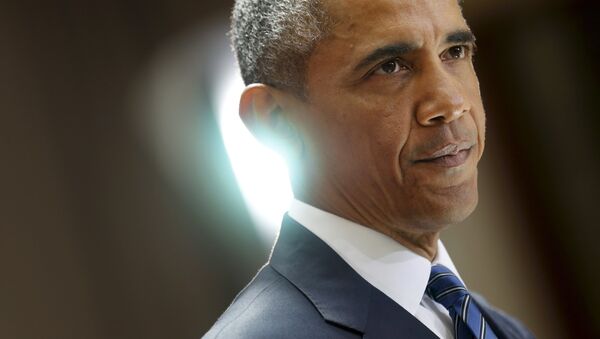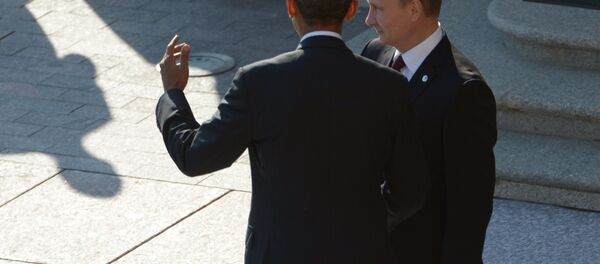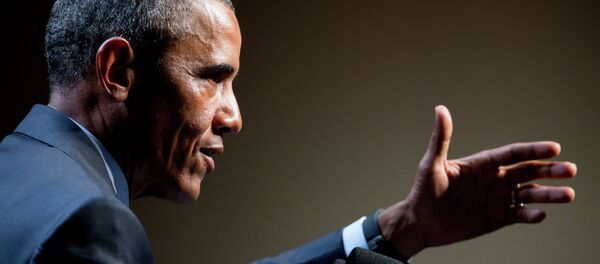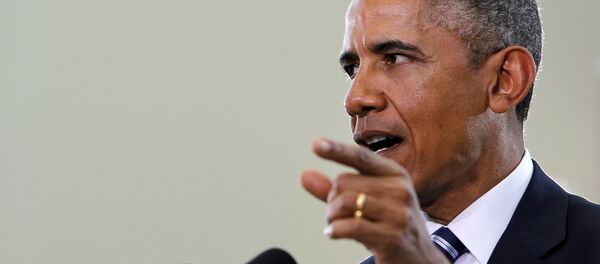"Refugee crisis, military interventions over the years could have been avoided if nations truly invested in the lives of their people, and if the wealthiest nations on earth and our partners were working with those who are trying to lift themselves up," Obama said.
The three-day UN Sustainable Development Summit 2015 is underway in New York.
On Friday, the summit opening day, the international community adopted 17 sustainable development goals with the aim of putting an end to global problems such as poverty and inequality by 2030.
The 2030 agenda is set to come into force on January 1, 2016, and replace the current Millennium Development Goals.
Barack Obama also said in a Sunday speech before the UN General Assembly that the world community should step up their contributions to promote long-term, sustainable world development over the next 15 years.
“We all need to step up with will and the resources and the coordination to achieve our goals,” Obama said at the close of the United Nations Post-2015 Development Agenda forum.
Obama noted that during his seven years as president, his administration has “committed and helped mobilize more than $100 billion” in the areas of food security, health, and energy developments.
He continued to call on governments, the private sector, NGOs, and philanthropists to join in efforts towards achieving the sustainable development goals, and “breaking cycles of dependence,” among donor and recipient countries.
The new UN development framework was hailed by UN Secretary General Ban Ki-moon as a “blueprint for the future.” The framework was adopted in order to end extreme poverty, fight inequality, and tackle climate change over the coming 15 years.
“We need to establish the tools and financing to help developing nations embrace clean energy, adapt to climate change, and ensure that there is not a false choice between economic development and the best practices that can save our planet,” Obama also said.
Obama added that the world’s poorest people would bear the heaviest burden from rising seas, intense droughts, and shortages of water and food.
Some 36 participants of the upcoming Paris conference, including Australia, Russia, the United States and countries of the European Union, have already submitted their goals for reducing greenhouse gas emissions.




